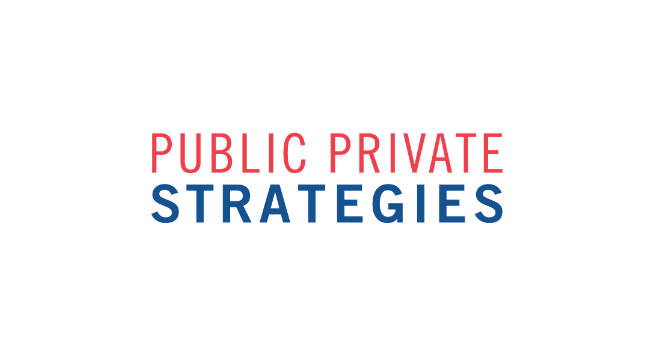




This month we celebrated National Small Business Week, which highlights the important role that small businesses play in our economy. Understanding the importance of small businesses allows for us to also identify and tackle the challenges they face as business owners and employers. There’s one growing problem that we aren’t talking about enough: the emerging caregiving crisis and how small business owners will have to approach it.
Research finds that the vast majority of people in the workforce at some point have caregiving responsibilities for family and loved ones. Of those, approximately 32 percent eventually have to leave their jobs because of an inability to balance work and caregiving, and over 80 percent reported not being able to do their best work. For small business owners, their employees’ struggles carry hidden costs in turnover, rehiring, absenteeism and lower productivity.
That doesn’t mean Main Street is meeting the problem with ambivalence or a lack of empathy. On the contrary, a newly released AARP poll of small business owners shows that nearly all surveyed (94 percent) believe that it’s fair and right to give their employees the time they need to care for their families, and that the issue isn’t just about their personnel — it’s also personal. A whopping 70 percent of small business owners said they have either personally cared for a loved one or have had employees take time off to care for their loved ones. And more than half are willing to pay for classes or other education on how to handle the issue in their business.
Yet while the numbers show that small business owners care about the issue, few say they have a written policy for caregiving. As we know, small business owners are busy people. Most owners report foregoing formalized caregiving solutions in their business, instead opting to handle it on a case-by-case basis. But an ad hoc approach can cost small businesses time and money, and doesn’t sustainably address a significant issue in the workforce of the future.
The U.S. population is aging, and caregiving is a workplace issue that will only grow in importance in the years to come as people of all ages need more time off to care for loved ones. In the race to keep up, small businesses should consider offering caregiving-friendly solutions, like flex-work and telecommuting, to remain competitive with larger employers. Some of these straightforward solutions can be simple to implement and quickly create a strong caregiving culture that helps with retaining and recruiting quality talent.
But time is of the essence. Right now is the time for all employers, especially small businesses, to begin to prepare for the changing workforce by thinking about how they can position themselves. The future of work requires employers that understand the benefits of a caregiving-friendly work environment. Small business will do as they always do — be flexible, entrepreneurial and adapt. The time to start is now.
Rhett Buttle is an expert on policy issues that impact the employer community. He is the founder of Public Private Strategies and Next Gen Chamber of Commerce, and the Executive Director of the Small Business Roundtable. Rhett previously served as a private sector advisor on the Obama Administration’s White House Business Council.





700 Pennsylvania Avenue Southeast, Washington, DC, 20003
Public Private Strategies | All Rights Reserved |
Created by Olive + Ash.
Managed by Olive Street Design.